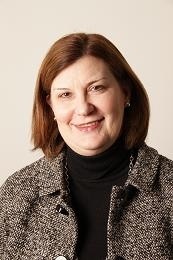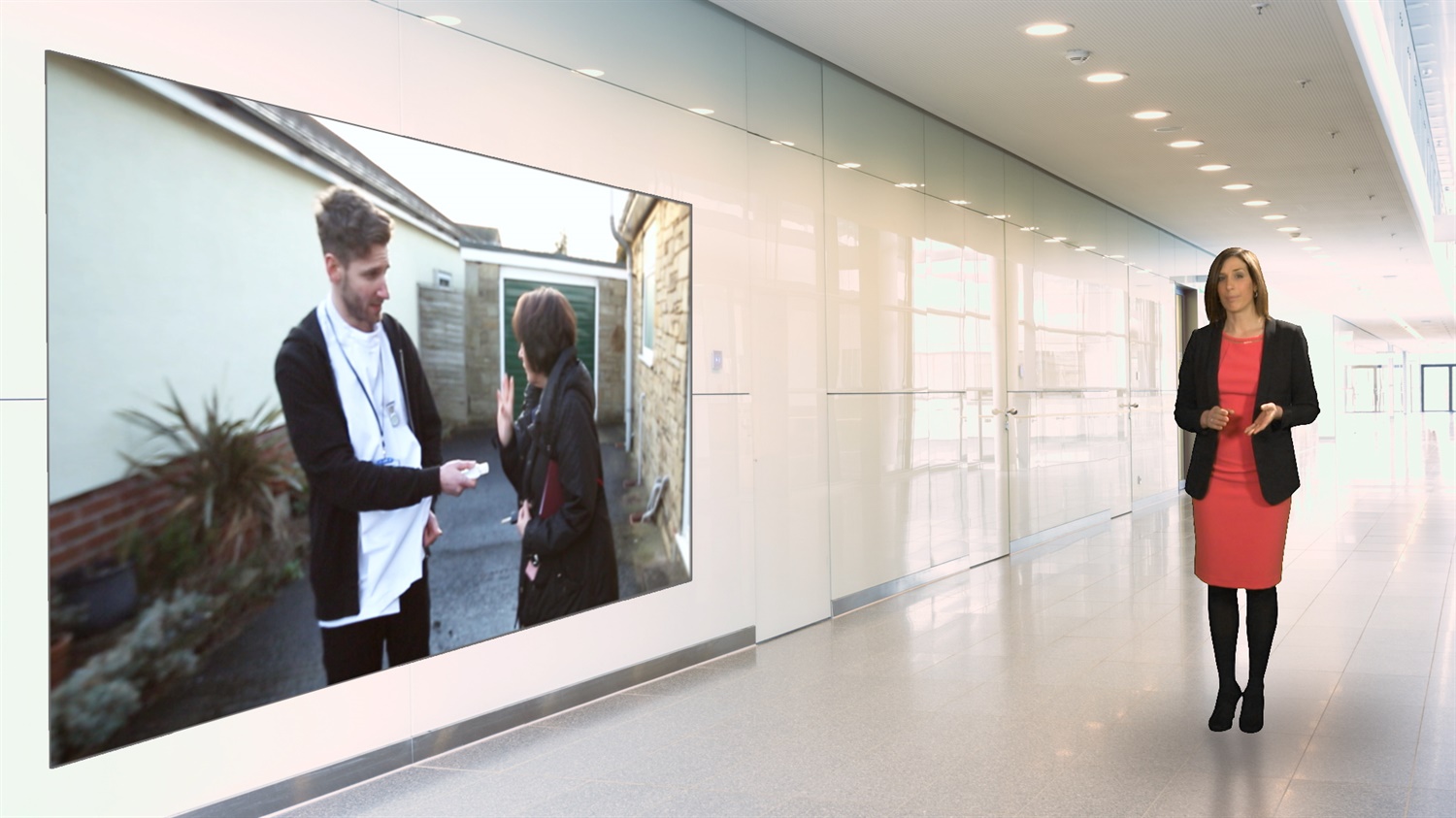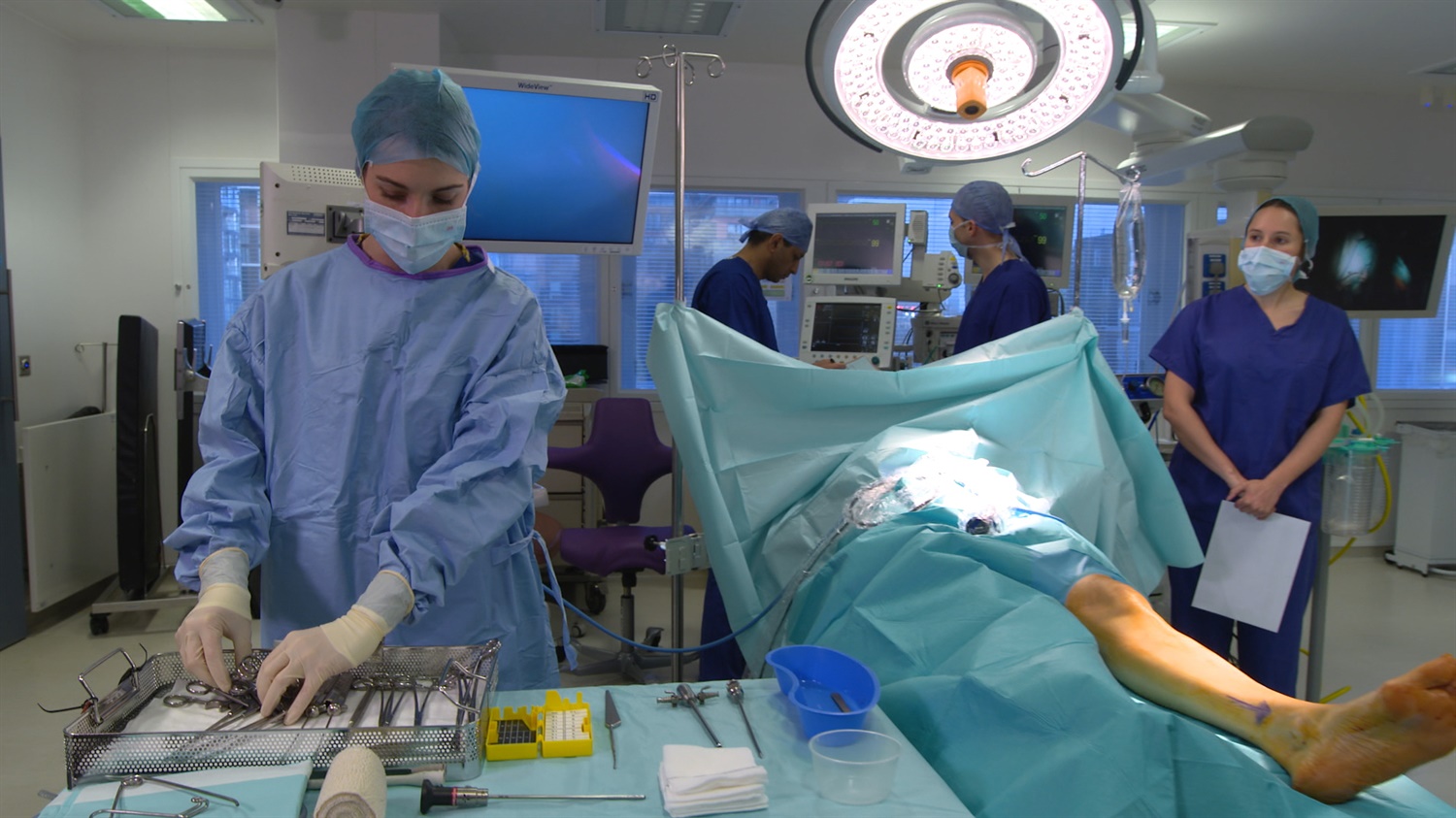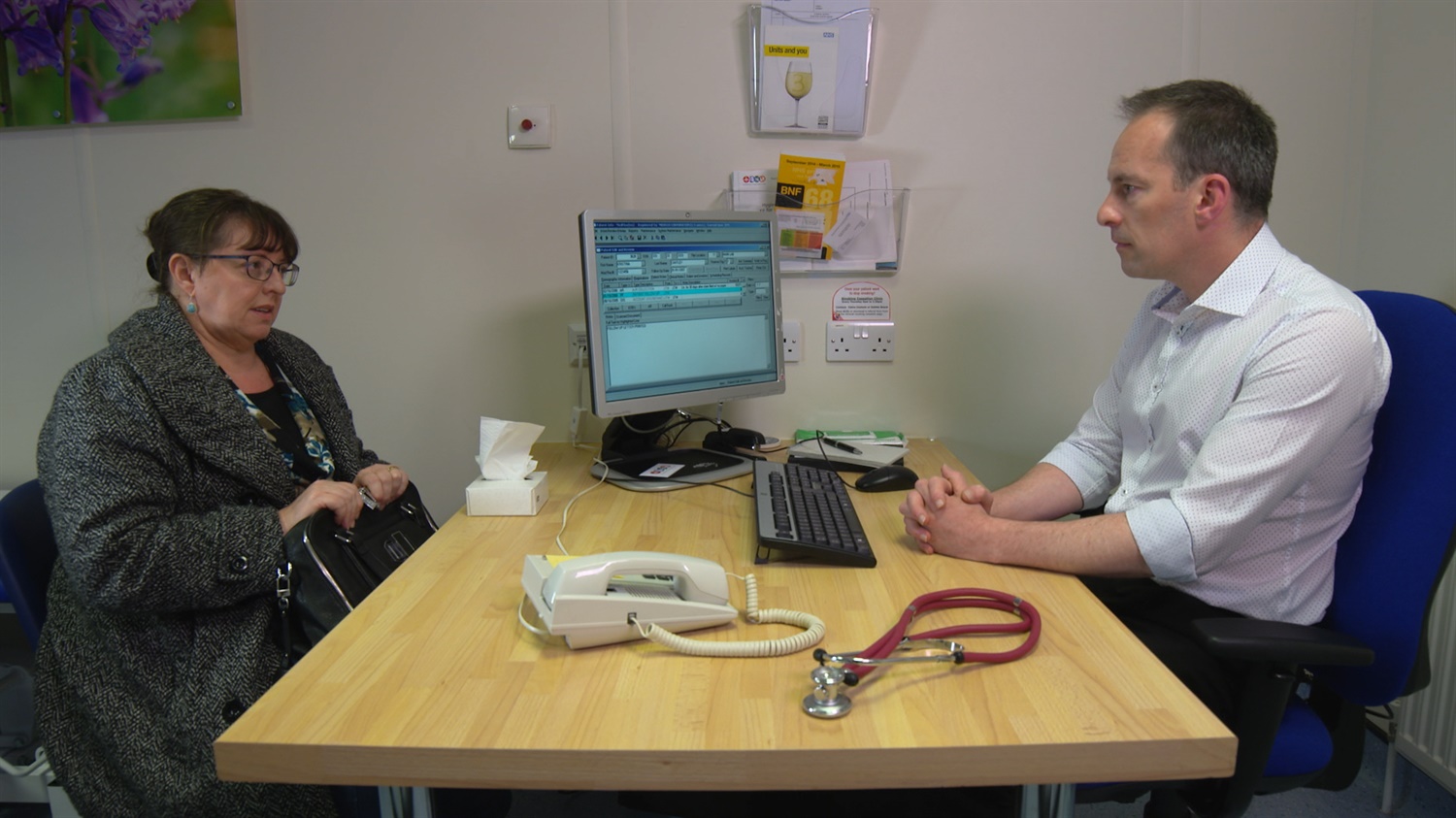01.04.15
Raising concerns
Source: NHE March/ April 15
Professor Wendy Reid (pictured), director of education & quality and the medical director at Health Education England, talks about a new film aimed at supporting healthcare professionals in training and staff to raise and respond to concerns about patient safety. David Stevenson reports.
 As well as being one of the world’s biggest health education commissioners, Health Education England (HEE) is responsible for ensuring patient safety through the delivery of its education and training work.
As well as being one of the world’s biggest health education commissioners, Health Education England (HEE) is responsible for ensuring patient safety through the delivery of its education and training work.
The organisation, established in 2012, also has a drive to improve safety in the NHS by training staff on how to speak up for patient safety. In order to shine a light on this controversial issue, HEE has produced an 11-minute film to help staff raise concerns in the future as part of its work through the Commission on Education and Training for Patient Safety.
The Commission is supported by the Learning to be Safer programme, chaired by Professor Wendy Reid, which drives the delivery of HEE’s patient safety, human factors, safeguarding and safe staffing workstreams.
Positive feedback
Prof Reid told NHE that the feedback for the Raising Concerns film has been “universally positive”.
“People are already using it to teach: it is a useful tool as well as being something that can showcase what you can do,” she said. “It is the first of a set of four films that we are making, which is why it is broad and wide-ranging. It is a matter of trying to set the scene for future work.
“We are trying to respond, not just to the Commission and the people that sit round its table, but to the feedback from this film, before we set the content for the next.”

The film seeks to support healthcare professionals in training and staff at all levels – from the frontline to the board, from porters to surgeons – to feel they are able to raise and respond to their concerns. It encompasses a range of scenarios that staff at all levels may encounter in which patient safety may be at risk.
Grand aspirations
“As I sat round the Commission table and watched the rough cut of the film, it was fascinating,” said Prof Reid. “We’ve got some world experts in patient safety sitting round that table and there was a real sense that this was going to be a really useful barometer as to how we are getting the culture of patient safety as something that is in the DNA of every organisation. I’m very hopeful that this is one of the early products of the Commission, which will produce its report and findings in autumn 2015.
“My aspiration, as director of education and quality, is that at some stage all health service staff should have seen this video.”
Despite having big ambitions for the work, Prof Reid is realistic that HEE is just one of the many players ‘bombarding’ trusts and educational providers with information.
“But every junior doctor that starts work in their postgraduate training has an induction in every organisation that we commission education for. I would expect this film to be shown there. I think it is that important,” she said. “Similarly, every student nurse in their placements or new attachments. I really do feel that we have an opportunity to say what is important and patient safety is what is important.”
The film has been sent to HEE’s Local Education and Training Boards, and it will audit its usage through them.

Quality monitoring
Prof Reid told us that HEE does not want to just publish something and later forget about it and move on to the next report. It is important to return to such pieces of work frequently, and dig down into its usefulness, who heard its messages and what the outcomes were. So, the films HEE is producing will eventually be a part of its quality monitoring. “We are going to commission against much more robust quality standards and, obviously, at the heart of quality standards is patient safety,” said Prof Reid.
She joked: “I try really hard not to use the word ‘matrix’, but I do find myself rather stuck using it to describe where this work fits. It is embedded in that honeycomb of everything that we do.
“I think patient safety is ingrained, but I also think this particular approach about raising concerns is something that makes people anxious. What you read in the media about whistleblowers, the language can be aggressive and pejorative. It is not actually about patients; it is often about organisations vs individuals. I think by making a film that is non-emotional, clear-sighted and calm, that offers people support and advice about how to develop their skills in this area is useful. That is what proper educationalists should be doing.”
Prof Reid called it ‘safe learning’, and said: “One reason I try to stay clinically active is because it brings me closer to the reality of the service. There is no point in us producing a two-hour film and to expect the organisations to sit and show it and discuss it. We’ve got to be sensitive to the needs of the NHS.”

Tougher commissioning
HEE will change the way it commissions education. “We already have a robust quality assurance mechanism whereby we won’t train people in organisations that do not offer the right support for high-quality education,” said Prof Reid. “But, as an example, where there is consistent bullying or undermining of young doctors in training, I do think there are questions to be asked there about the overall quality of education, and what interventions are being made to try to reduce what is an insidious problem in any organisation. We have a responsibility to say: ‘If you can’t fix this, why would we train with you?’”
Prof Reid added that she does not believe in the carrot and stick approach. Instead, she wants to see organisations – be it commissioners, regulators or training providers – working together ‘respectfully’ across the system. “If this doesn’t happen then nothing will change for the better,” she said.
Tell us what you think – have your say below or email [email protected]